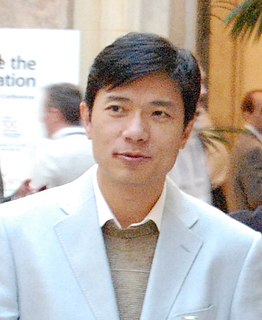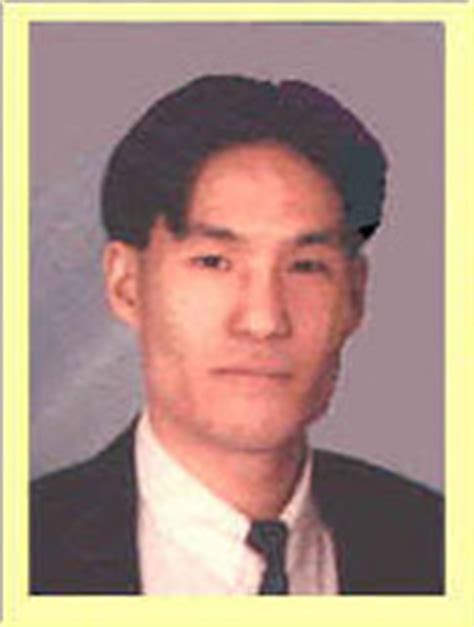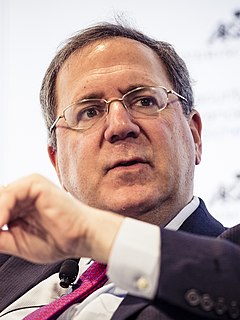A Quote by Kevin Kwan
I would not call my family 'traditional Chinese.' We were more what I would term the Colonial Chinese.
Related Quotes
We first became conscious of the plane publicly on a Monday. I thought then by the weekend it would be done. But then the Chinese military, the defense minister made a statement saying that if there was no apology from the United States, the Chinese military and the Chinese people would never understand. No reference to the government or the Communist Party, and that obviously presented an internal problem to the Chinese leadership, which was travelling at that moment.
There are photographers who push for war because they make stories. They search for a Chinese who has a more Chinese are than the others and they end up finding one. They have him take a typically Chinese pose and surround him with chinoiseries. What have they captured on their film? A Chinese? Definitely not: the idea of the Chinese.
I would now put all my heart with the Tibetan people and the Tibetan cause, but not at the expense of the Chinese, and not say that Tibetans are good and Chinese are bad. And in my own life, I hope I would learn to be a little less full of right and wrongs, and a little more able to see everything as a potential right.
We had a great chance in the mid-2000s to reach an accord with the Chinese on both energy and environmental issues. That deal would have essentially been that the U.S. could provide the equipment and expertise, and the Chinese would help close the trade gap. It was a huge opportunity that we failed to exploit.






































